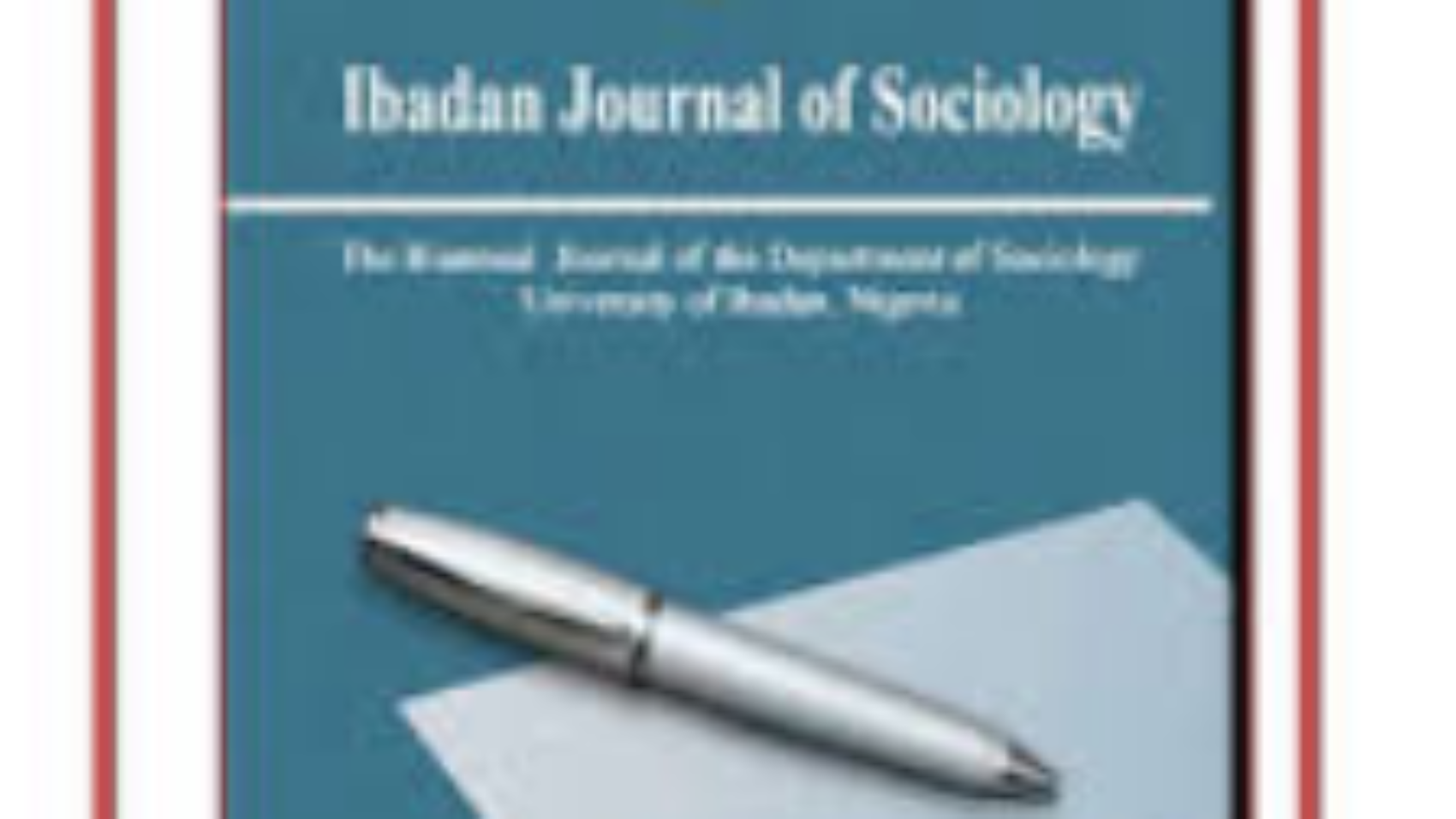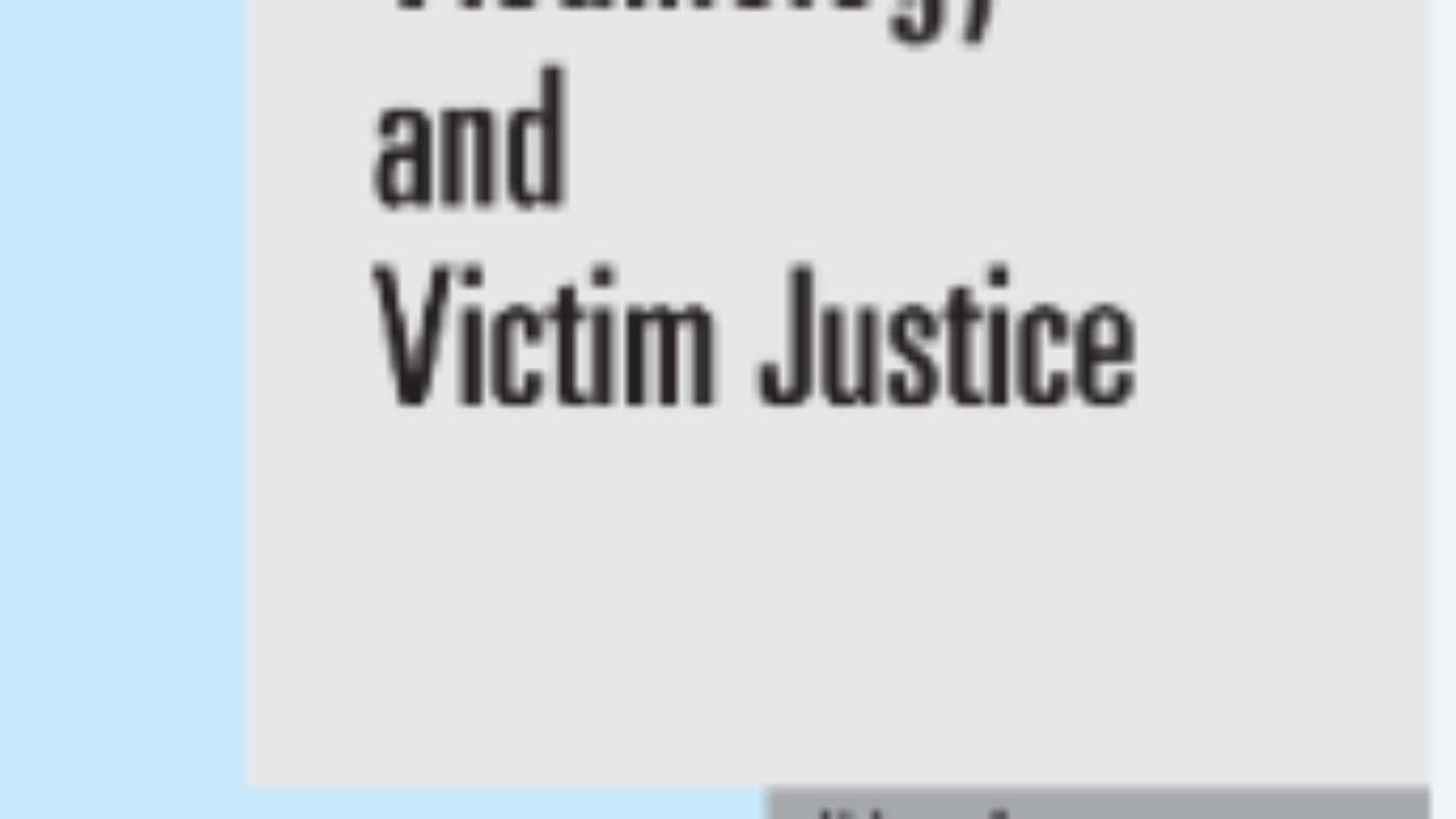This article presents the key findings of a research project investigating perceived relevance among barriers to reporting rape and sexual assault for female university students. Existing literature suggests that the refusal of victims of rape and other forms of sexual victimisation in Nigeria to report have social underpinnings. Using qualitative information gathered from in-depth interviews of 23 rape victims, the study found that rather than social stigma, the fear of retaliation by their assailants dominated the concerns of the university rape victims. Other important barriers to rape reporting include lack of confidence in the criminal justice system, social stereotypes and prejudice against victims. Apart from the need for the government and private sector to intervene in the inadequacies of on-campus accommodation of public universities, campus-based rape and sexual assault prevention strategies could also be developed from collaboration among professional counsellors, students, faculty, health centre workers, and campus police.
Aborisade, R.A. (2014) Barriers to Rape Reporting for Nigerian Women: The Case of female University Students. International Journal of Criminology and Sociological Theory, 7 (2), 1-14







